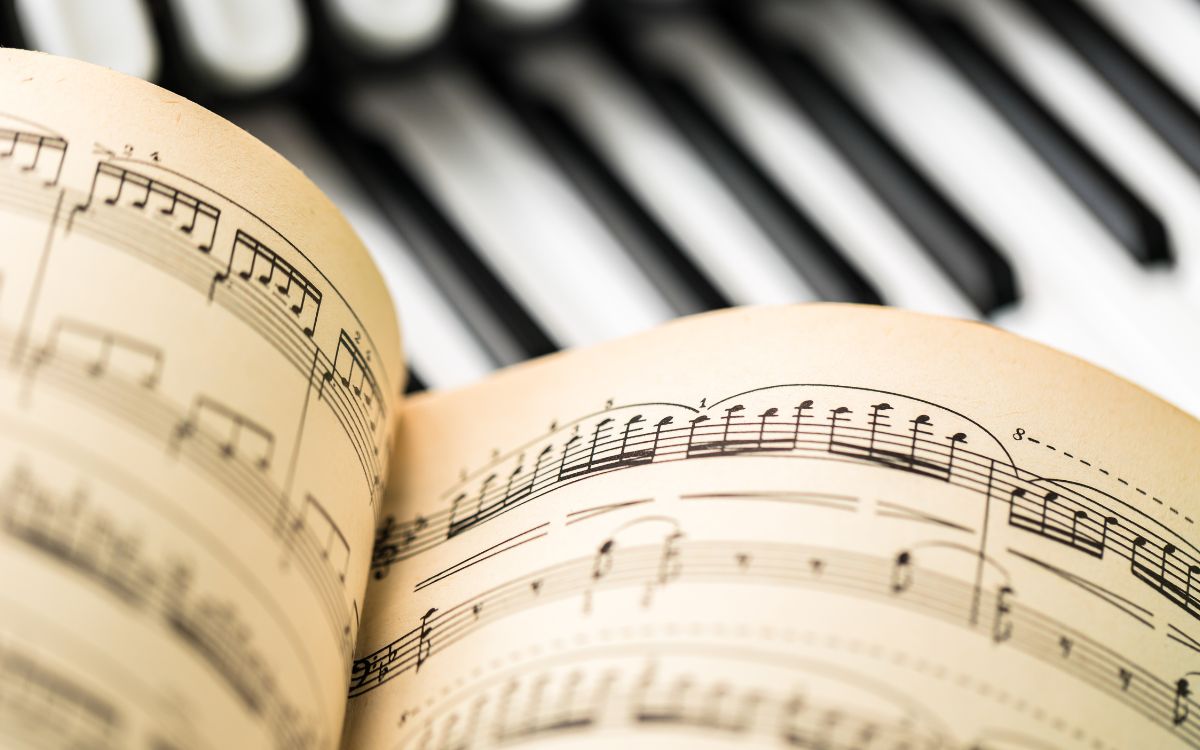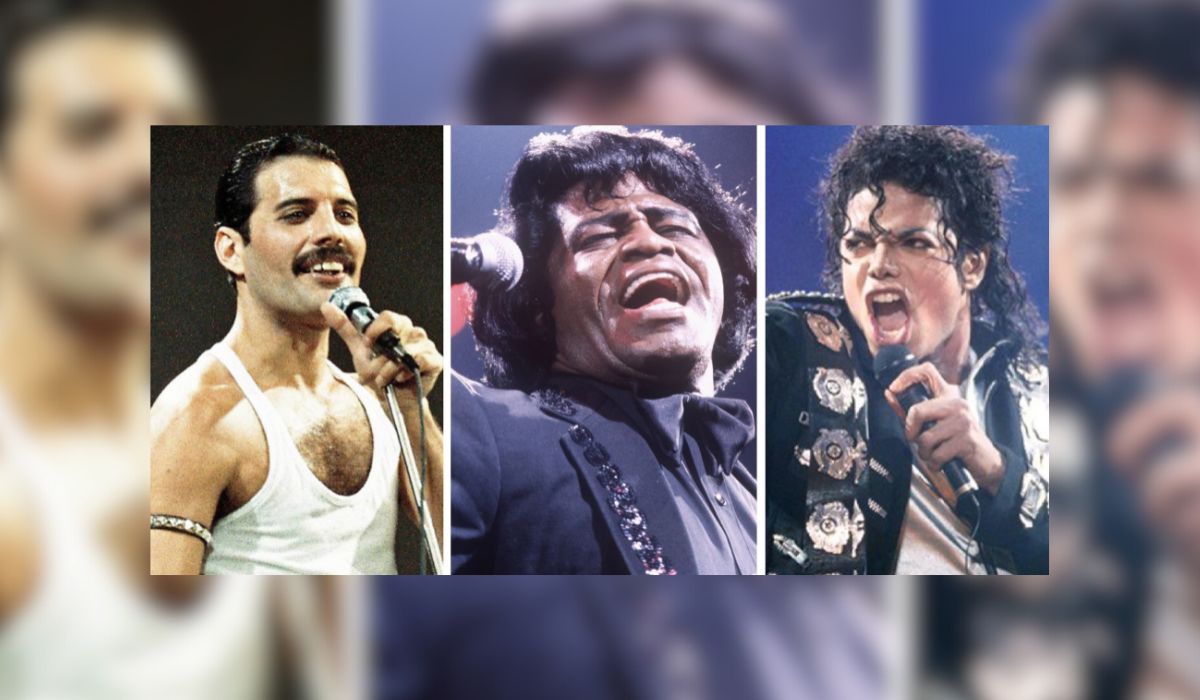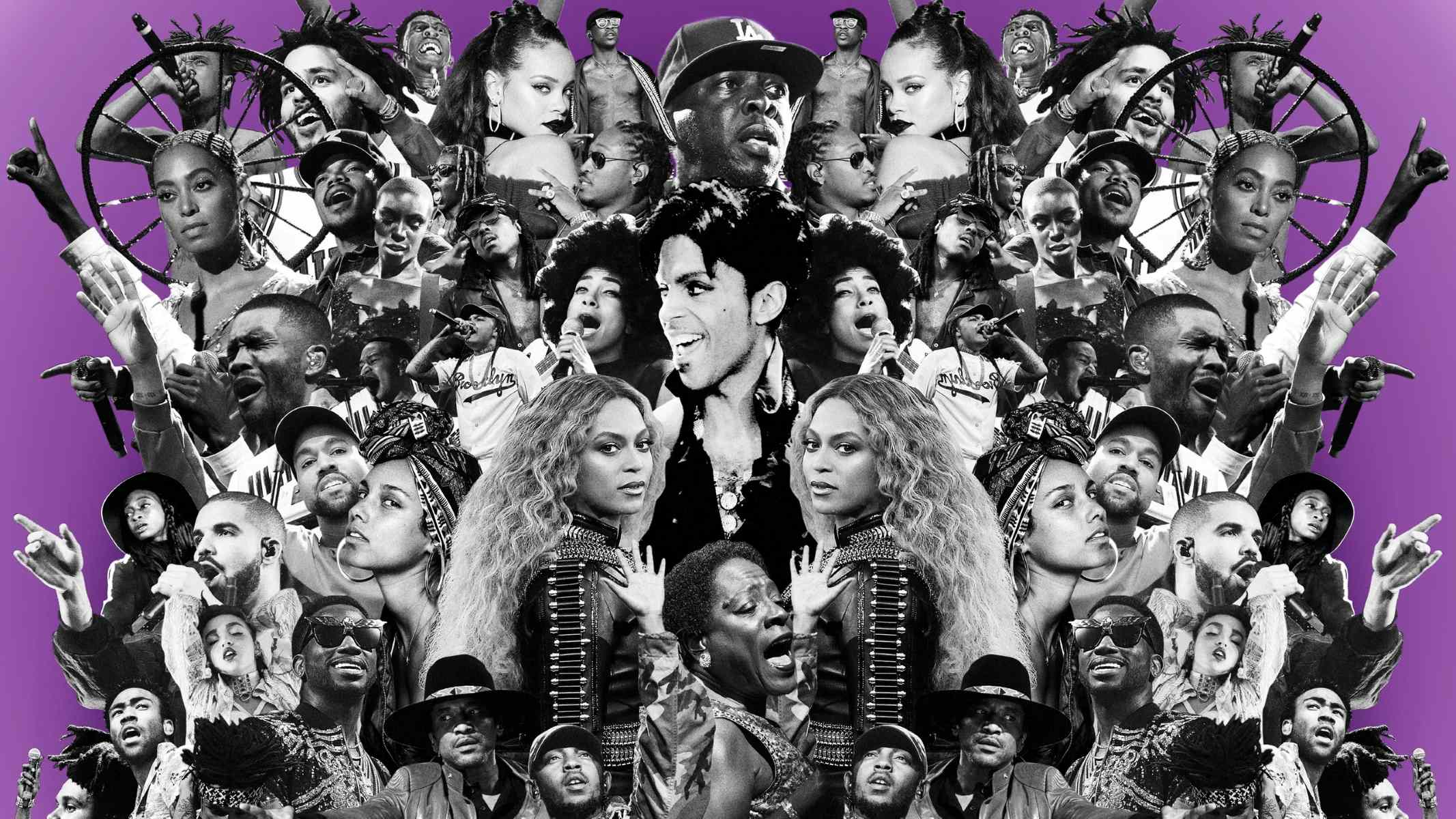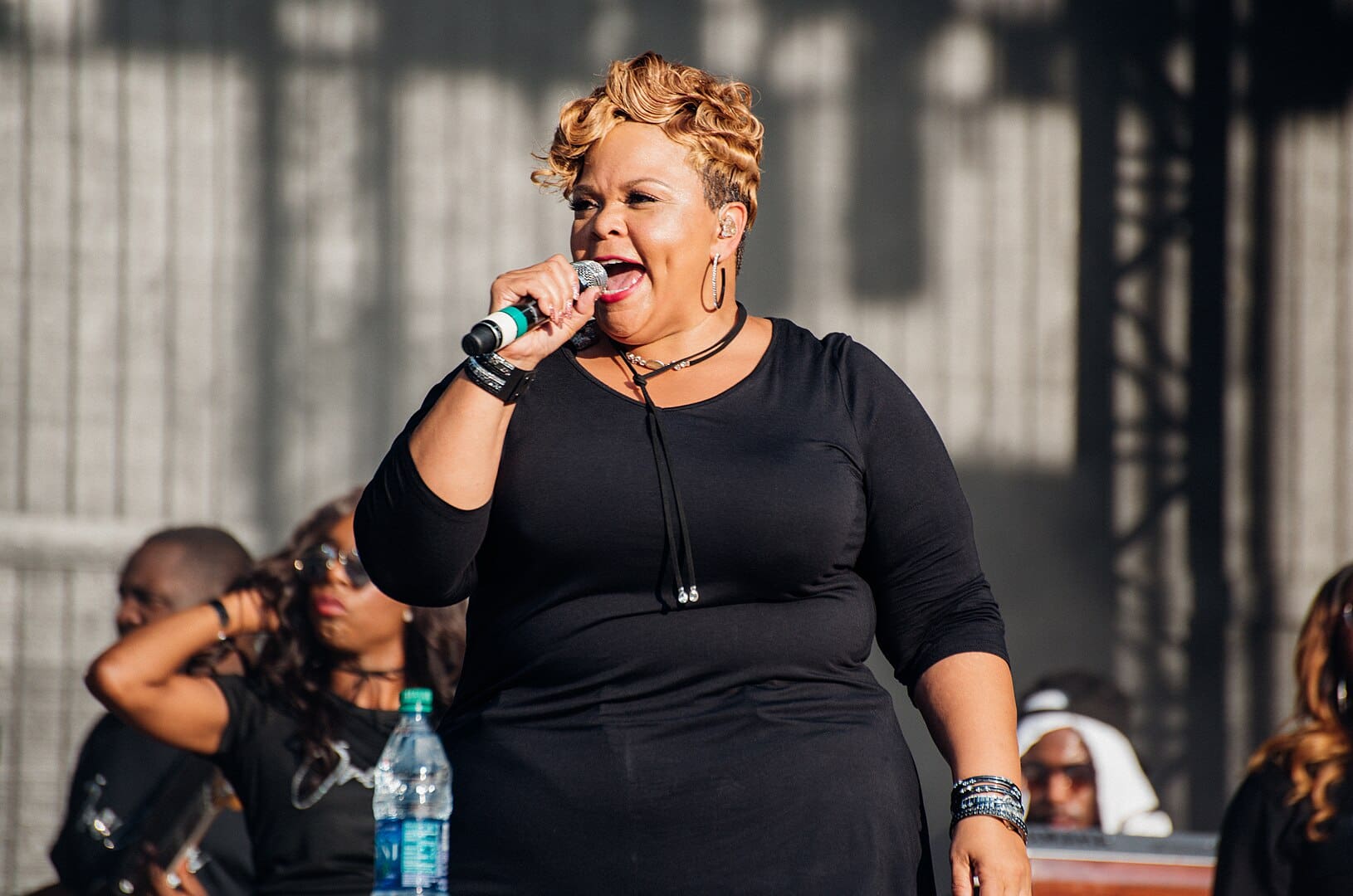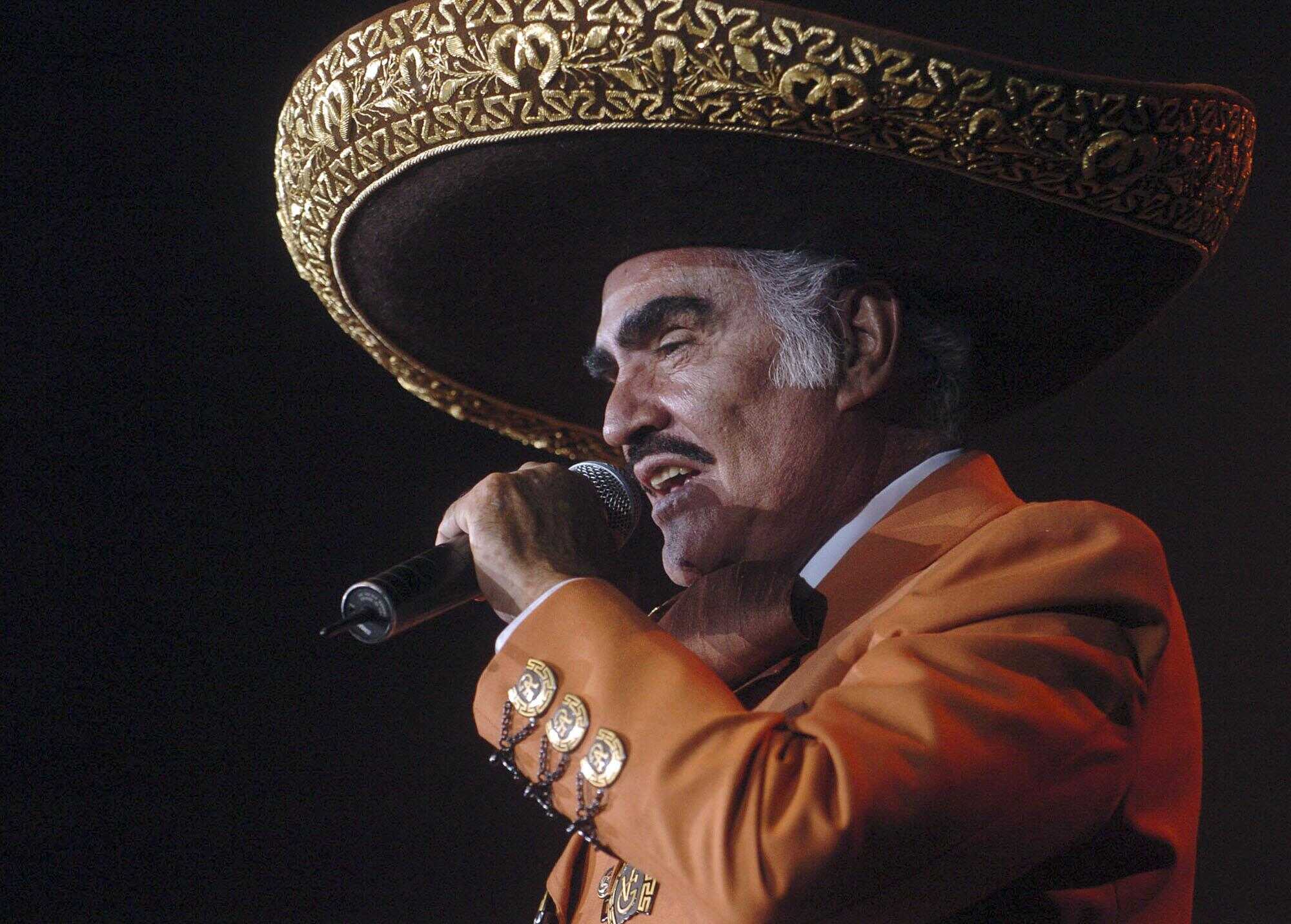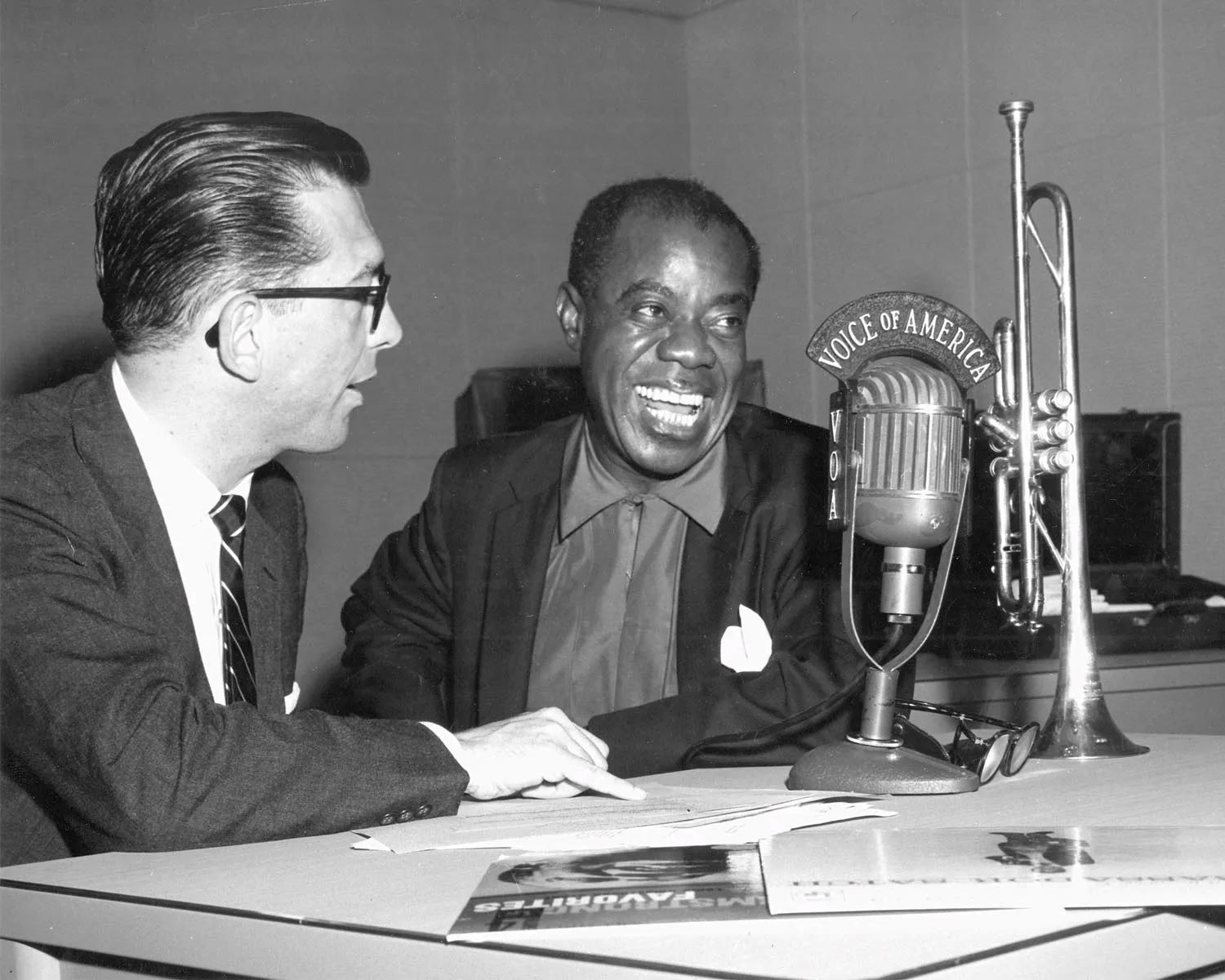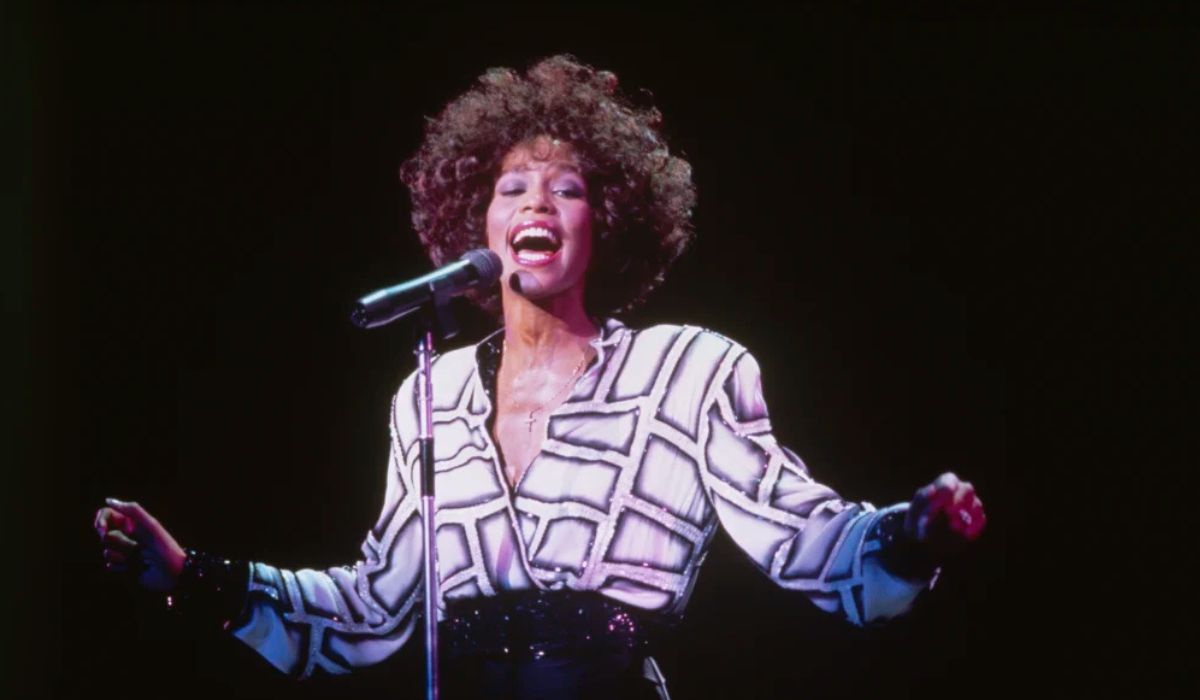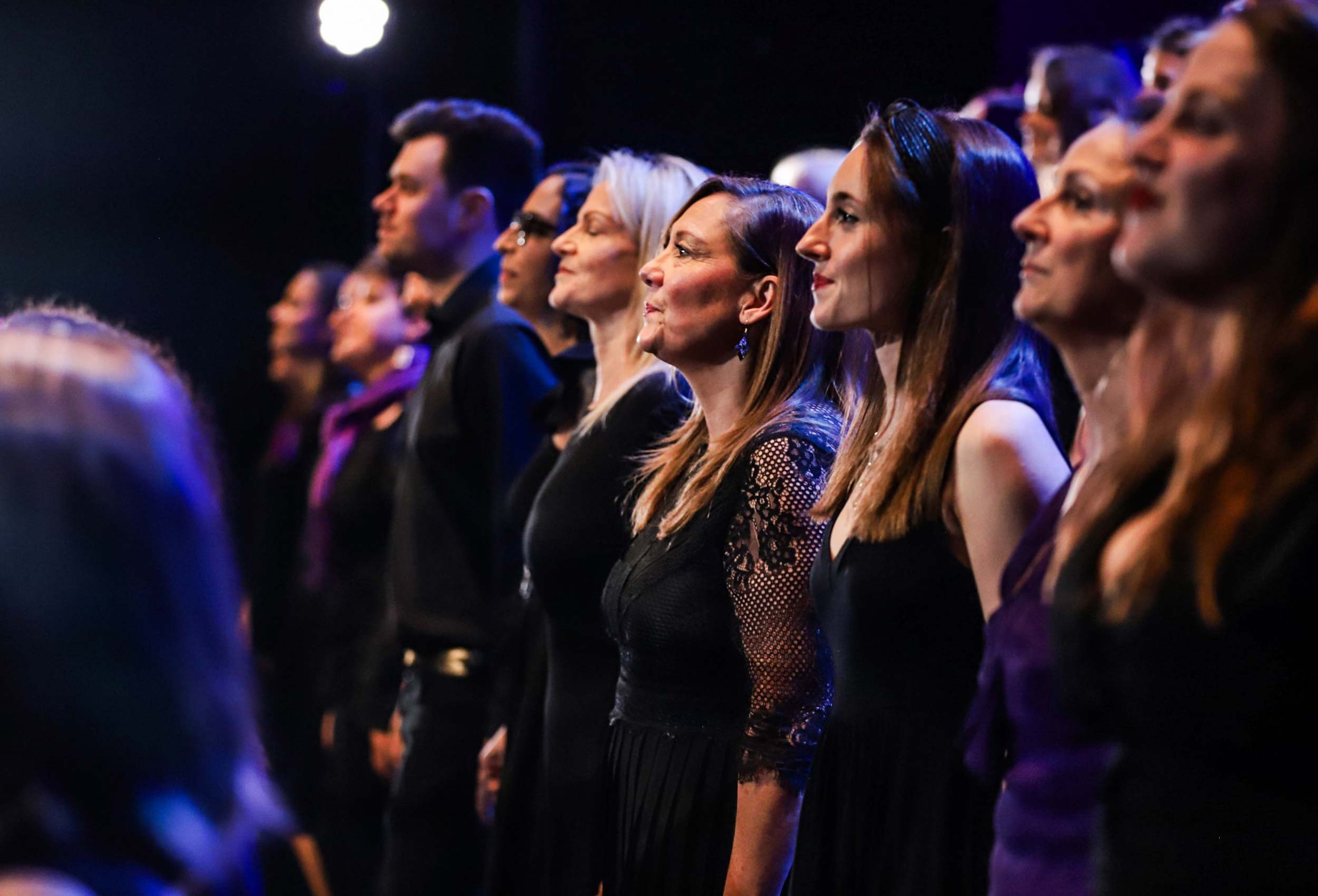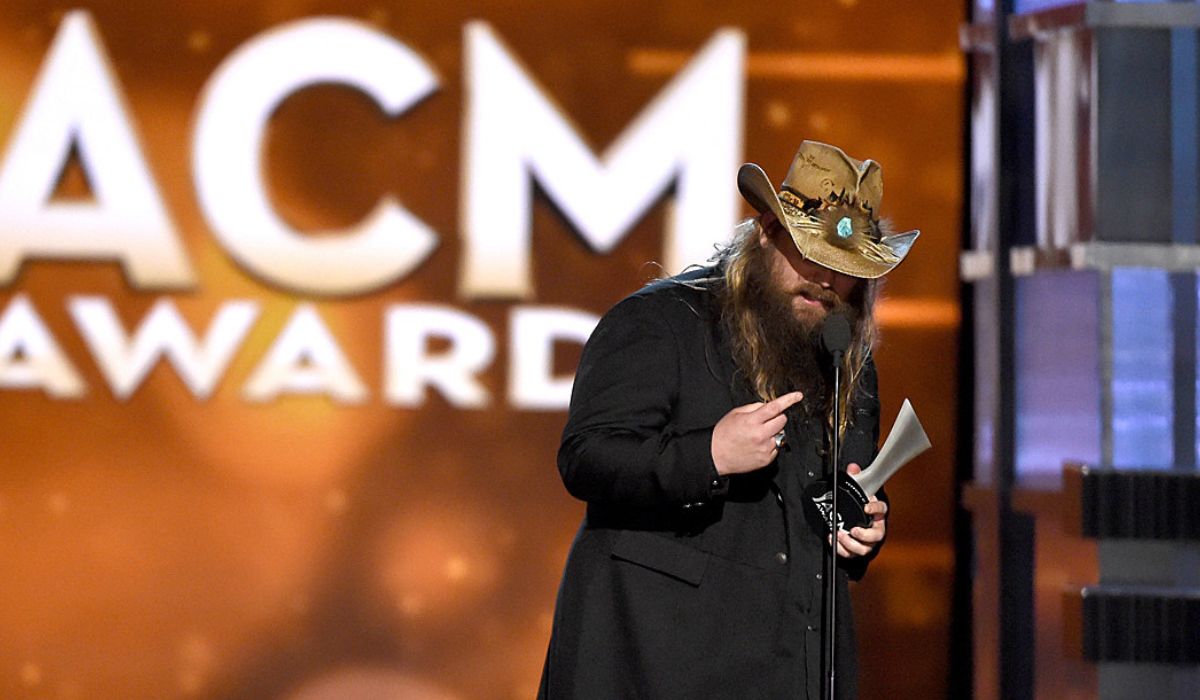Home>Genres>Jazz>Who Are Three Famous Male And Female Jazz Legends?
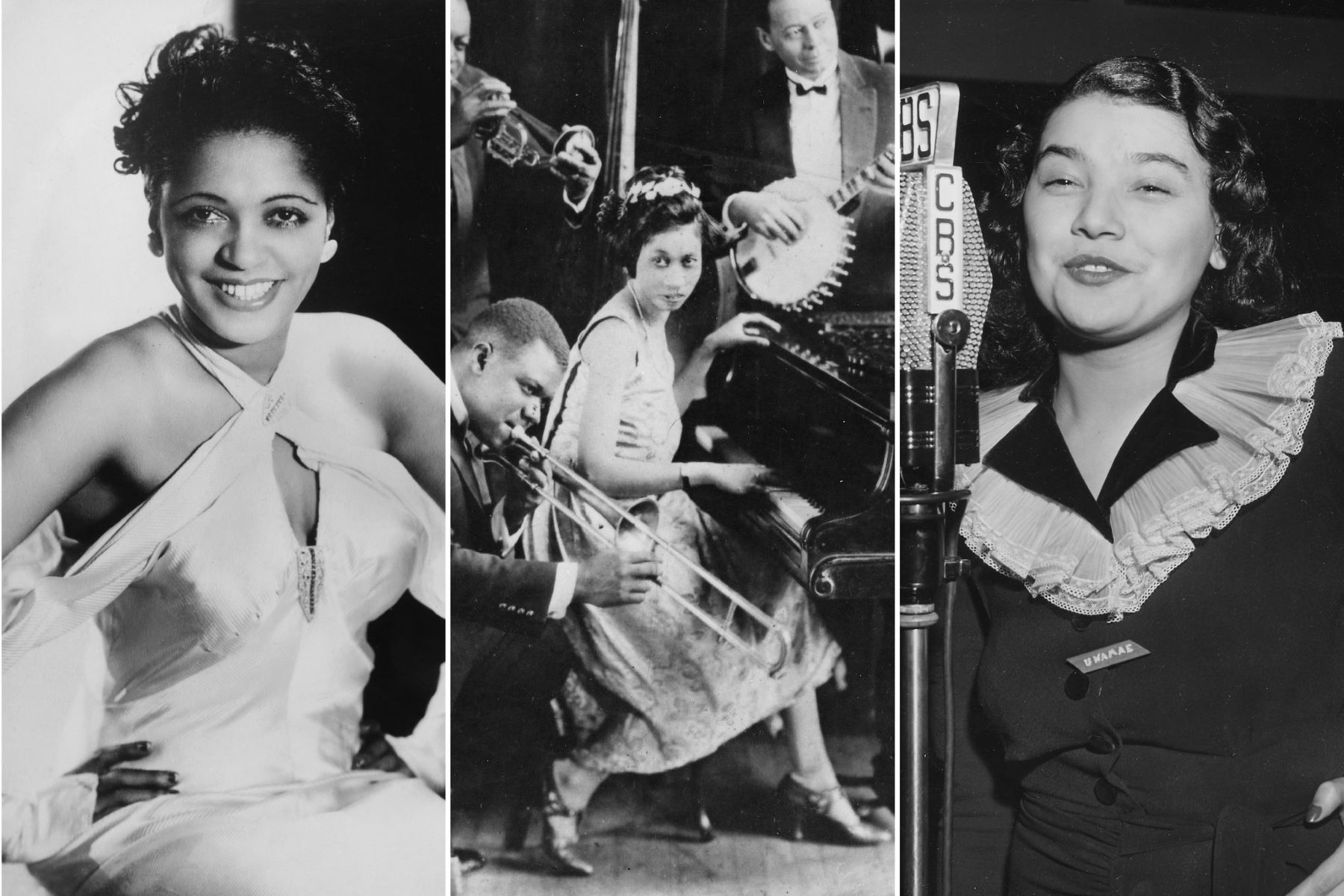

Jazz
Who Are Three Famous Male And Female Jazz Legends?
Modified: February 24, 2024
Discover three iconic jazz legends - both male and female - who have shaped the genre with their extraordinary talent, innovation, and timeless music. Embrace the captivating world of jazz.
(Many of the links in this article redirect to a specific reviewed product. Your purchase of these products through affiliate links helps to generate commission for AudioLover.com, at no extra cost. Learn more)
Introduction
Jazz is a genre of music that has its roots in the African American communities of New Orleans, United States, in the late 19th and early 20th centuries. It is characterized by its improvisation, syncopation, and unique blend of various musical elements, including blues, ragtime, and European classical music.
Over the years, jazz has evolved and diversified, producing a myriad of talented musicians who have become legends in their own right. These individuals have not only shaped the course of jazz music but have also made an indelible mark on the history of music as a whole.
In this article, we will explore the lives and contributions of three famous male and female jazz legends, highlighting their innovative styles and enduring legacies.
Join us on a musical journey as we delve into the extraordinary lives of these jazz icons, whose names continue to resonate through the melodies and rhythms of this timeless genre.
Famous Male Jazz Legends
Jazz has been blessed with a multitude of male musicians who have revolutionized the genre with their talent, innovation, and artistry. Let’s explore the lives and achievements of three famous male jazz legends:
-
Louis Armstrong
Louis Armstrong, also known as Satchmo, was a trumpet player, singer, and one of the most influential figures in jazz history. Born in 1901 in New Orleans, Armstrong’s distinctive voice and unparalleled trumpet skills captivated audiences around the world. He was a true pioneer of jazz, popularizing scat singing and improvisation.
Armstrong’s notable works include his recordings with his band the Hot Five and Hot Seven, such as “West End Blues” and “Potato Head Blues.” His vibrant personality and infectious stage presence made him a beloved figure, and his contributions to jazz laid the foundation for future generations of musicians.
-
Miles Davis
Miles Davis, an American trumpeter, bandleader, and composer, is considered one of the most innovative and influential musicians in the history of jazz. Born in 1926, Davis played a crucial role in the development of bebop, cool jazz, modal jazz, and fusion.
Davis’ album “Kind of Blue” is often hailed as one of the greatest jazz albums of all time, showcasing his pioneering approach to modal jazz. He constantly pushed the boundaries of the genre, experimenting with different styles and collaborating with musicians from diverse backgrounds.
-
Duke Ellington
Duke Ellington, a composer, pianist, and bandleader, was a central figure in the jazz scene from the 1920s until his death in 1974. Known for his elegant and sophisticated compositions, Ellington’s music transcended traditional genre boundaries, incorporating elements of jazz, swing, and orchestral arrangements.
Ellington’s works, such as “Take the A Train” and “Mood Indigo,” showcased his mastery of orchestration and his ability to create rich, nuanced musical landscapes. He led one of the most influential jazz bands, the Duke Ellington Orchestra, and his contributions to jazz composition and arrangement remain unparalleled.
These male jazz legends left an indelible mark on the genre with their virtuosity, innovation, and influential compositions. Their groundbreaking contributions have shaped the course of jazz and continue to inspire musicians and music lovers alike to this day.
Famous Female Jazz Legends
While the world of jazz has primarily been dominated by male musicians, there have been numerous talented and trailblazing women who have made significant contributions to the genre. Let’s celebrate the lives and legacies of three famous female jazz legends:
-
Ella Fitzgerald
Ella Fitzgerald, often referred to as the “First Lady of Song,” was an American jazz vocalist known for her incredible vocal range, improvisational skills, and captivating stage presence. Born in 1917, Fitzgerald’s career spanned six decades, during which she recorded over 200 albums and won countless awards.
Her scat singing and ability to mimic instruments with her voice were unmatched, and her collaborations with renowned jazz musicians like Duke Ellington and Louis Armstrong produced timeless classics. Fitzgerald’s rendition of “Summertime” and her iconic series of “Songbook” albums solidified her status as one of the greatest jazz vocalists of all time.
-
Billie Holiday
Billie Holiday, born in 1915, was a groundbreaking jazz and blues singer known for her emotive and soulful renditions. Often called “Lady Day,” she possessed a unique ability to infuse her performances with raw emotion and vulnerability, making her an icon of jazz and American music.
With songs like “Strange Fruit” and “God Bless the Child,” Holiday addressed social and racial issues, leaving a lasting impact on the genre. Her distinctive voice, characterized by her smooth phrasing and impeccable timing, continues to resonate with audiences today, cementing her status as one of the greatest jazz vocalists in history.
-
Nina Simone
Nina Simone, born in 1933, was a classically trained pianist, singer, and songwriter who seamlessly blended jazz, classical, and soul elements in her music. Known for her powerful voice and compelling live performances, Simone’s songs were often accompanied by profound political and social messages.
Her rendition of “Feeling Good” and her iconic song “I Put a Spell on You” showcased her range and versatility as an artist. Simone’s activism and the way she used her music as a platform for social justice issues set her apart as a symbol of empowerment and resilience.
These female jazz legends broke through barriers, overcoming gender biases to make their mark in the male-dominated jazz world. Their talent, artistry, and contributions continue to inspire generations of musicians and serve as a testament to the enduring power of jazz.
Conclusion
Jazz, with its rich history and captivating melodies, has produced numerous legends who have shaped and defined the genre. From the innovative sounds of male jazz icons like Louis Armstrong, Miles Davis, and Duke Ellington to the soulful and powerful voices of female jazz legends like Ella Fitzgerald, Billie Holiday, and Nina Simone, each artist has left an indelible mark on the world of music.
These jazz legends pushed boundaries, challenged conventions, and paved the way for future generations of musicians. Their contributions have not only influenced jazz but also inspired other genres, contributing to the evolution and diversity of music as a whole.
From the pioneering improvisations of Louis Armstrong to the heartfelt renditions of Billie Holiday, each artist brought their unique style and interpretation to the table, captivating audiences and leaving a lasting legacy. Their innovative techniques, distinct voices, and exceptional musicality have made them timeless figures in the realm of jazz.
As we honor the legacies of these jazz icons, it’s important to recognize the influence they continue to have on contemporary artists. Their spirit of experimentation, dedication to their craft, and commitment to expressing emotions through music serve as a reminder of the transformative power of jazz.
Whether through the soulful crooning of Ella Fitzgerald, the groundbreaking compositions of Miles Davis, or the powerful storytelling of Nina Simone, these jazz legends have touched the hearts and souls of listeners around the world. Their contributions have shaped the genre and continue to inspire musicians of all backgrounds to explore the boundaries of jazz.
So, let us celebrate the enduring brilliance and cultural significance of these jazz legends, appreciating the impact they have made on the world of music and the legacy they have left behind. Their music will continue to resonate and captivate audiences for generations to come.

